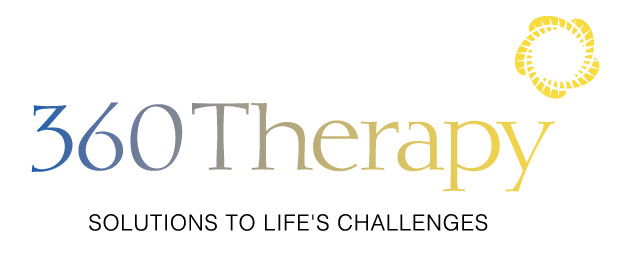Anxiety and Mood Disorder Counseling
 People with anxiety disorder experience excessive worry, anticipating negative outcomes in the absence of valid reasons for such concern. Like stress, some anxiety is normal and expected in our modern society. Issues such as money, health, and work, are indeed legitimate causes for concern. But when concern becomes preoccupation it can impact daily life, relationships, even physical health.
People with anxiety disorder experience excessive worry, anticipating negative outcomes in the absence of valid reasons for such concern. Like stress, some anxiety is normal and expected in our modern society. Issues such as money, health, and work, are indeed legitimate causes for concern. But when concern becomes preoccupation it can impact daily life, relationships, even physical health.
Some common symptoms of anxiety include fatigue, muscle tension, irritability, shortness of breath and heart palpitation. In the case of extreme anxiety people can feel as if they’re experiencing a heart attack.
Problems with anxiety fall under four distinct clinical disorders: Generalized Anxiety Disorder, Panic Disorder, Obsessive Compulsive Disorders or OCD, and Social Anxiety Disorder or Social Phobia.
While they each have their own separate identifiable characteristics, the underlying theme with all of them is an irrational fear.
Therapy for anxiety includes several different treatment modalities, the more common and effective ones being Cognitive Behavioral Therapy (CBT), and Psychodynamic Psychotherapy, which addresses the unconscious nature of our fears. If the anxiety involves a previous traumatic incident, it may then be classified as Post-Traumatic Stress Disorder (PTSD), which can also be treated with CBT or Eye Movement and Desensitization and Reprocessing. In working with one of our trusted therapists, you will have the opportunity to safely explore the source of your anxieties and then establish a plan to work through them.
